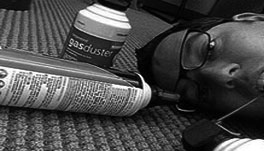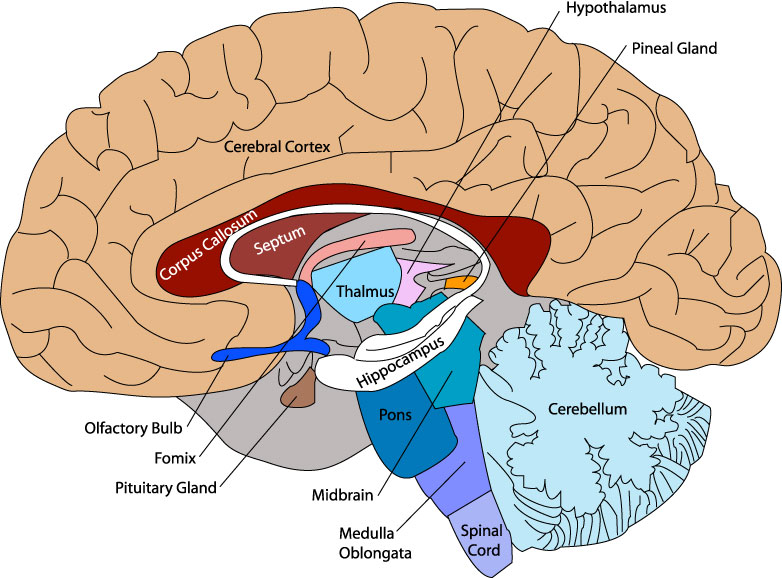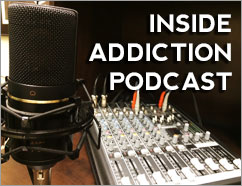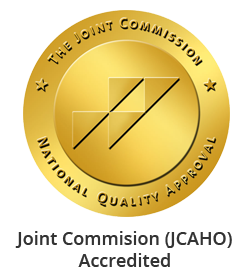 Did you know that more than 10% of eighth graders in the US were reported to have abused inhalants? According to the same study by the University of Michigan in 2011, approximately 10% of tenth graders also were reported to have abused inhalants. This is a scary thought. It gives us a good idea that the use and experimentation of inhalants is not limited to just a one time case. So what exactly are these inhalants that are taking a toll on the minds of teens? How do inhalants affect the brain causing addiction?
Did you know that more than 10% of eighth graders in the US were reported to have abused inhalants? According to the same study by the University of Michigan in 2011, approximately 10% of tenth graders also were reported to have abused inhalants. This is a scary thought. It gives us a good idea that the use and experimentation of inhalants is not limited to just a one time case. So what exactly are these inhalants that are taking a toll on the minds of teens? How do inhalants affect the brain causing addiction?
Whether it is glues, fluids, spray paints or markers, inhalants come in different varieties and are easily available on the market. Those who abuse inhalants usually breathe it through the nose or the mouth. Inhalants depress the central nervous system of the body.
The effects of abusing inhalants or “huffing” include:
- garbled speech
- dizziness
- euphoria
- hallucinations
- light-headedness
- delusions
When taken repeatedly, the individual starts feeling less in control. Inhibitions also fade away. It’s with repeated abuse that a person us susceptible to the addiction of inhalants.
In more severe cases, consuming highly concentrated amounts of aerosol spray can instantly lead to heart failure. Not just this, long-term consequences include liver and kidney damage. This is not what the world needs.
So what do you do if your teen or someone you know is addicted to inhalants? Inspire Malibu has been using modern methodologies like TMS therapy and Non 12 Step Rehab to help addicts overcome this life threating addiction. You can visit www.inspiremalibu.com to find out more about the center and how they take a structured approach, which in turn offers long-term positive results.






